


“The paradox of education is precisely this — that as one begins to become conscious one begins to examine the society in which he is being educated.”
— James Baldwin









“The paradox of education is precisely this — that as one begins to become conscious one begins to examine the society in which he is being educated.”
— James Baldwin





The School of Data Science (SDS) views its commitment to diversity, equity, and inclusion as mission-central and integral to the overall success of our research, teaching, and service efforts. Faculty and staff completed the development of the first iteration of the School’s Inclusive Excellence (IE) Plan in the fall of 2022. The SDS IE Plan covers a threeyear timeframe and its progress will be monitored by an implementation team comprised of faculty, staff, and students. This initial version of the SDS IE Plan is not meant to be comprehensive but is intended to build out the foundations of future work.
The 2023-2026 SDS IE Plan contains many priorities. However, the most immediate emphasis is to strengthen supportive infrastructure around 1) access and success, and 2) climate and intergroup relations. We are focusing on these two growth areas because we view them as the stepping stones from which we will build out future and ongoing efforts. The SDS IE Plan is a living document and will be updated and adjusted over time in alignment with our growing resource capacity and evolving ambitions.
The School’s IE Plan is in alignment with the University of Virginia’s adoption of the Inclusive Excellence framework as a means of supporting its diversity, equity, inclusion, and belonging efforts. The model for organizational change — which holds DEI as critical to achieving excellence — is being incorporated at each school and embedded throughout the UVA 2030 Plan. It makes use of 5 pillars: Access + Success, Climate + Intergroup Relations, Education + Scholarship, Infrastructure Investment, and Community + Partnership.
The Virginia Equity Clinic was developed jointly by the School of Data Science and the Weldon Cooper Center for Public Service at the University of Virginia. The free, year-long program champions data for the public good and equips communities with tools to promote good governance, equity, and resiliency.

Recruit and support exceptionally talented, diverse, and serviceoriented students. Recruit, support, and retain excellent and diverse faculty and staff.
Continuously promote and strengthen an inclusive community of trust, a culture of integrity, mutual respect, excellence, collaboration, and innovation. The School is expected to remain financially independent and healthy, anticipating operational and financial needs.
Enable faculty, staff, and students to work across traditional boundaries and prepare servant-leaders to shed new light on enduring and profound questions in our diverse community and globally connected world.
Be a community that consistently lives its values and ensures that our systems enable our students, faculty, and staff to do their best work.
Be a strong partner with and good neighbor to our region, contributing to economic and social well-being by providing accessible healthcare, innovative education, opportunity, and engaging alumni.
Renée Cummings was the School’s first Data Activist in Residence and is now a Professor of the Practice. She specializes in implicit bias, AI ethics, and best-practice criminal justice and studies the impact of artificial intelligence on criminal justice, specifically in communities of color and incarcerated populations.
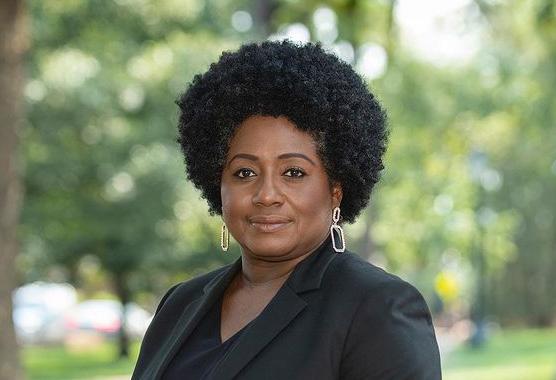

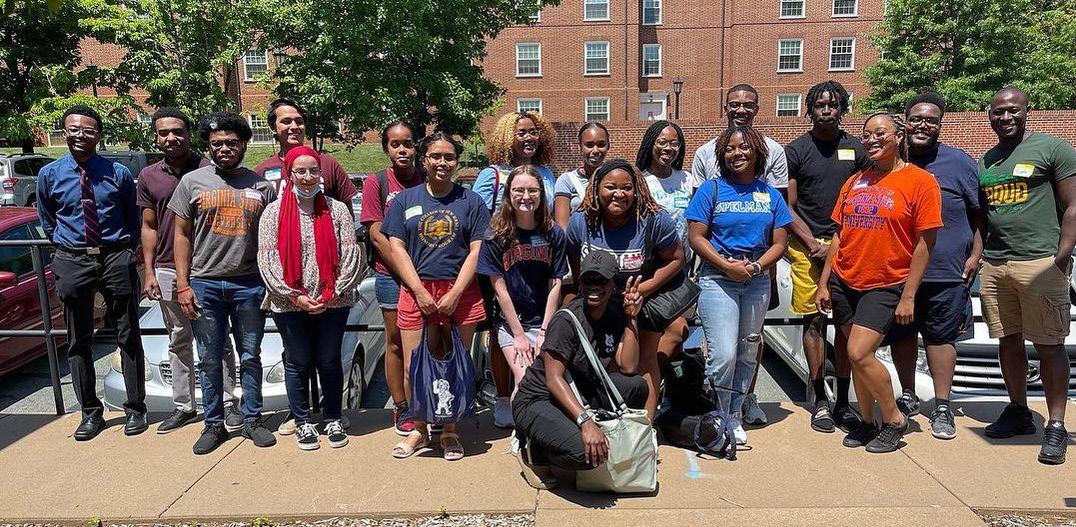
1. Provide internal opportunities for learning and community building that expand understanding of diversity, equity, and inclusion in SDS and data science contexts
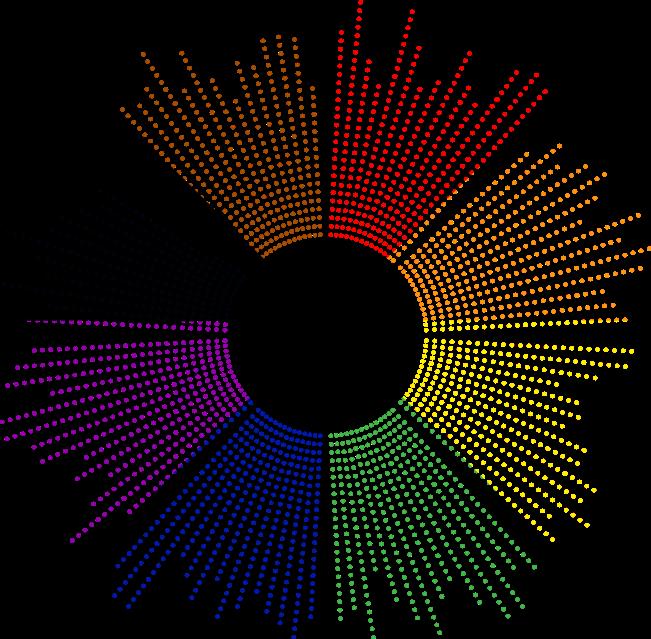

2. Promote a climate of belonging
1. Support incorporation of DEI + responsible data science into the overall curriculum
2. Provide tools/opportunities to incorporate inclusion/belonging into academic experience
3. Support faculty to incorporate DEI into curricular + research efforts
1. Develop mechanisms for consistency, transparency, and accountability in incorporating DEI into school policies and procedures
2. Increase scholarship funding for HUG-aligned students
1. Define, deepen, and socialize SDS community vision and goals


2. Define and appropriately resource goals/vision for community use of the new SDS building
3. Build groundwork for responsive programming at a pace that matches capacity
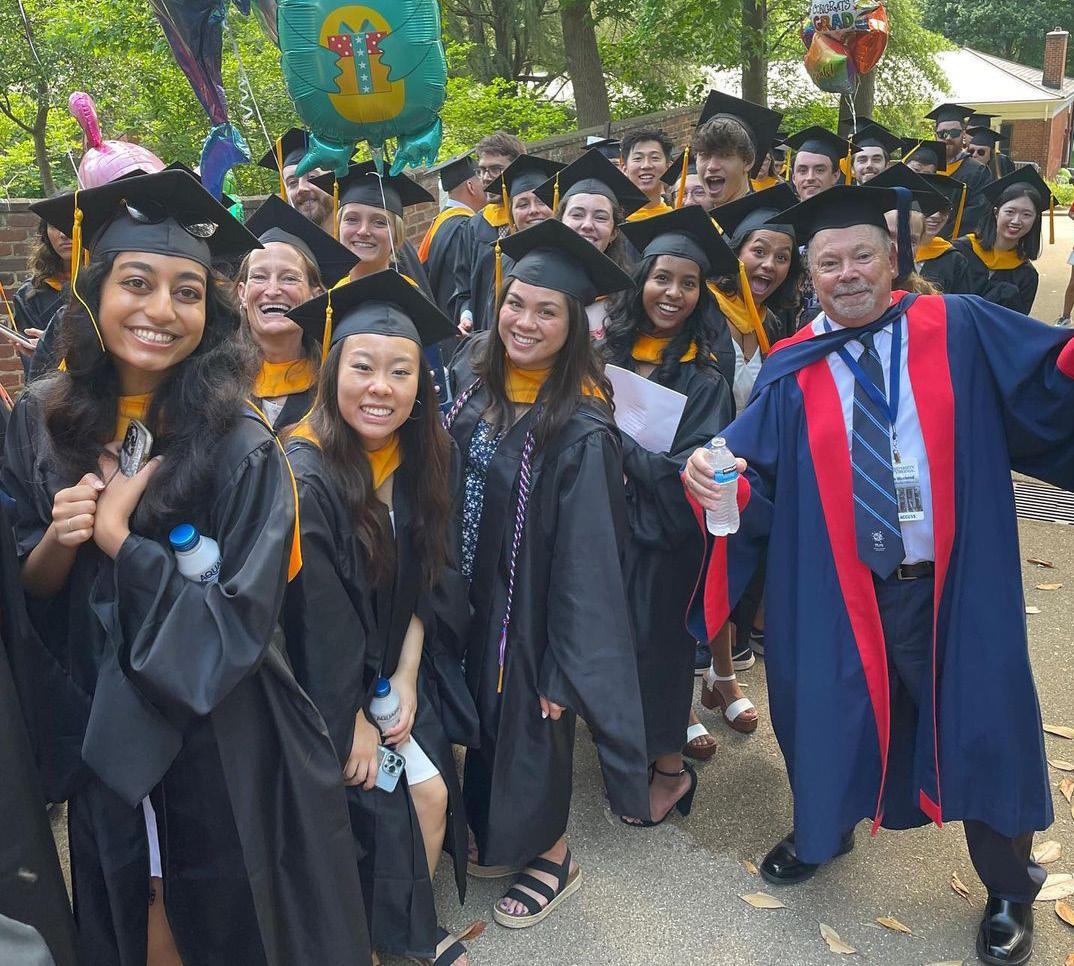
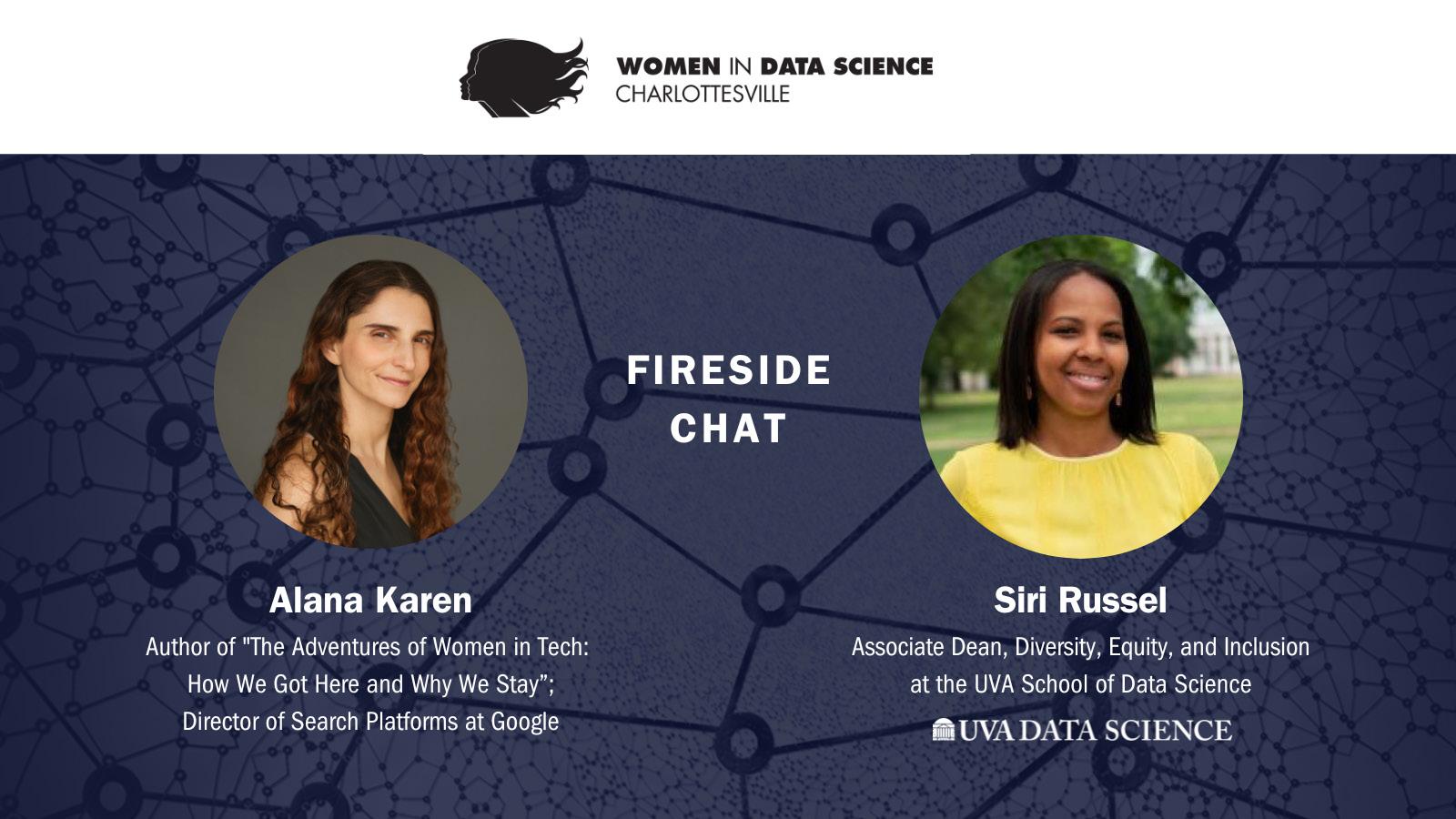

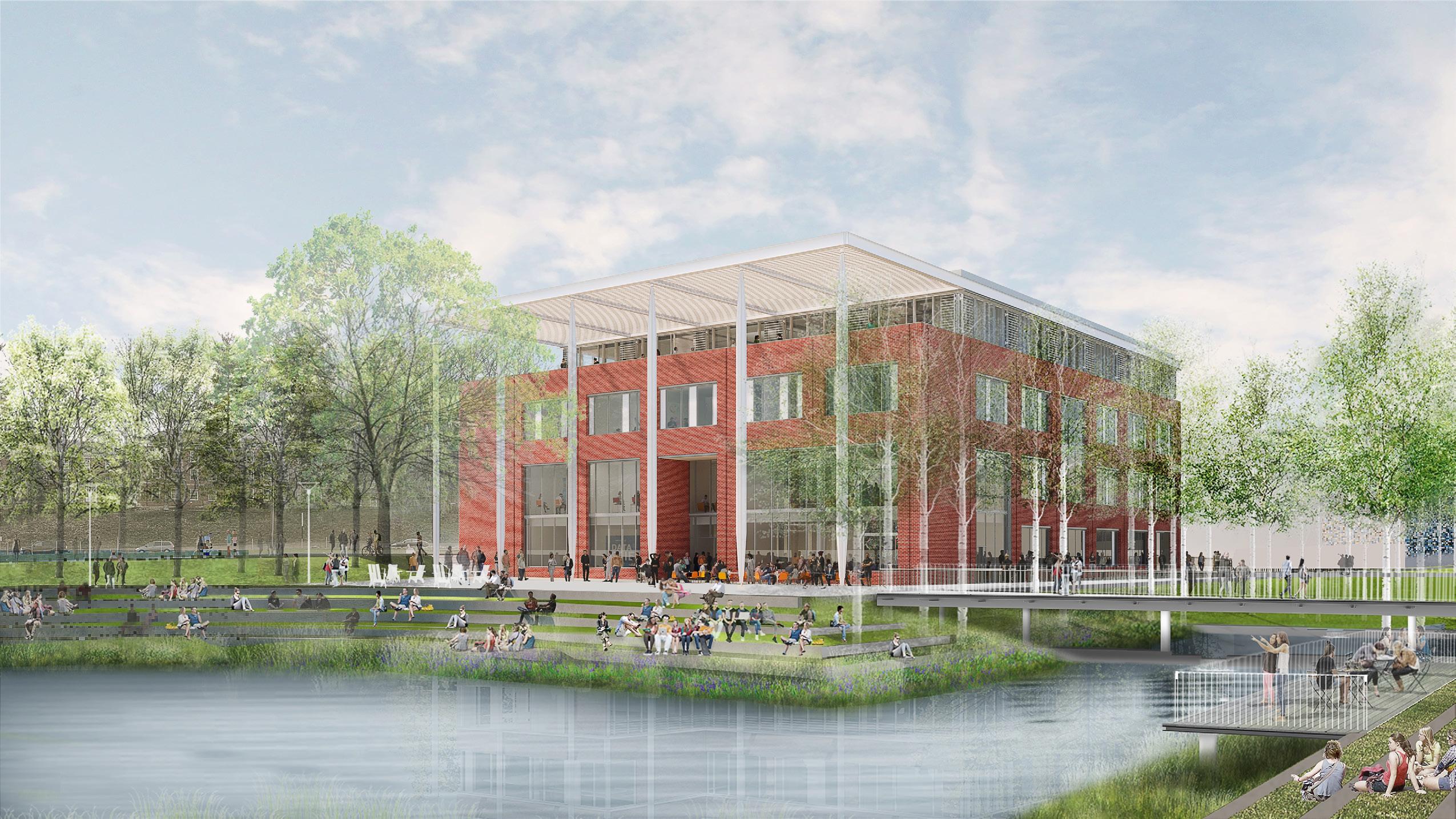
“This is firm ground to build an inclusive school.”
— Phil Bourne, Stephenson Dean